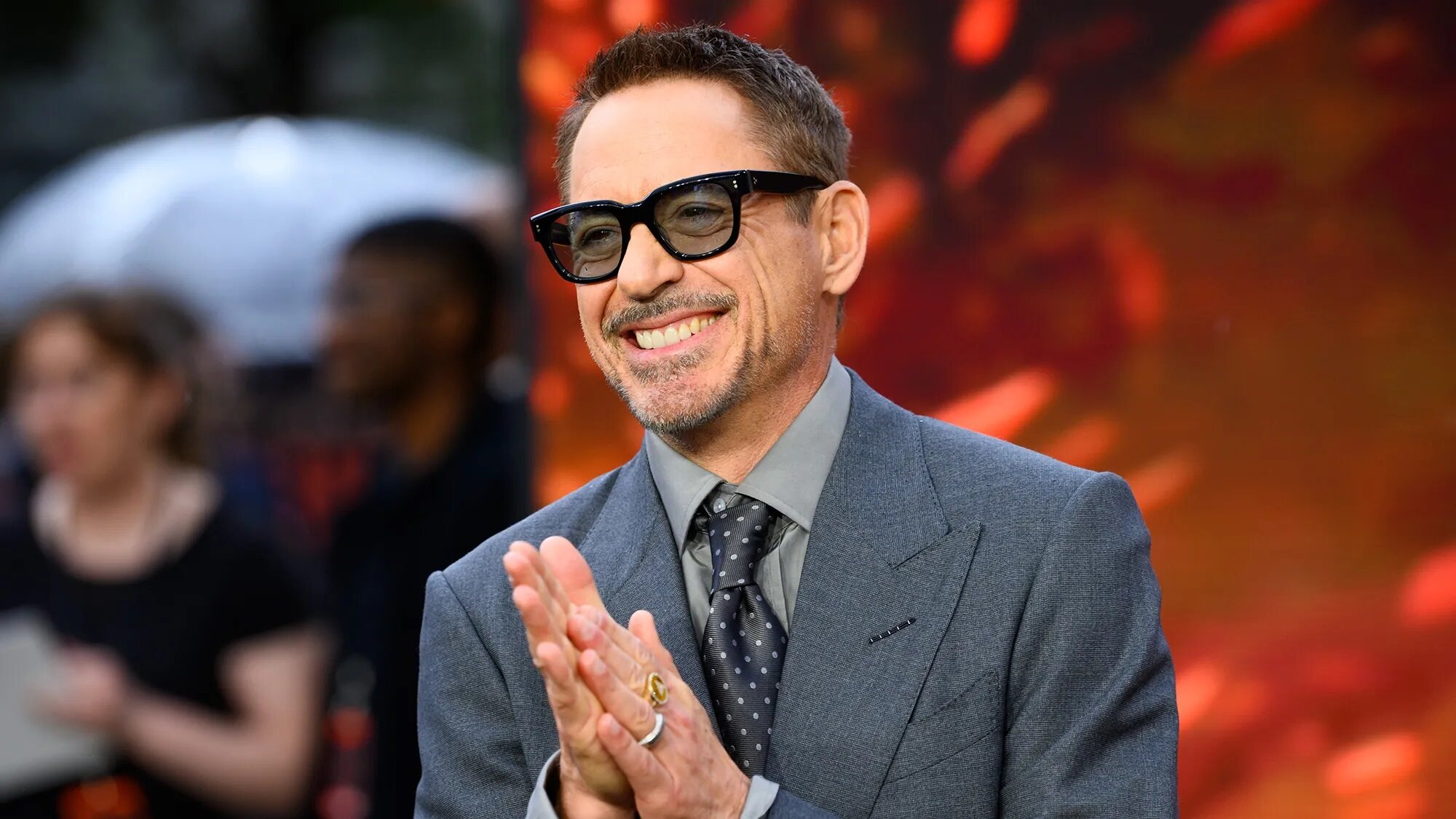Robert Downey Jr. is making headlines as the front-runner for the Oscar for Best Supporting Actor. However, a recent revelation from an Academy member has sparked controversy. The member openly admitted to voting for Downey because of a personal encounter with the actor, rather than solely based on his performance.
Key Takeaway
The controversy surrounding the Oscar vote for Robert Downey Jr. highlights the potential impact of personal interactions and campaigning in the awards process, raising questions about the fairness and integrity of the voting system.
The Controversial Vote
The Hollywood Reporter’s annual poll of anonymous AMPAS members revealed a surprising insight into the voting process for the upcoming Academy Awards. One member confessed to voting for Robert Downey Jr., citing a personal interaction at an awards season party as a deciding factor.
The member stated, “I was torn between Mark Ruffalo and Robert Downey Jr., and even though it’s cheesy I’ll be real with you: I met Downey at an awards season party, we had an interaction that I did not initiate, and it tipped the scales for me.”
While acknowledging Downey’s talent, the voter’s admission raises questions about the influence of personal connections and campaigning in the Oscar voting process.
Implications and Reactions
The revelation has sparked discussions about the role of personal interactions and lobbying in the Oscars voting process. It has also raised concerns about the impact of such factors on the perceived fairness and integrity of the awards.
While Downey Jr.’s performance in “Oppenheimer” has been widely praised, the controversy surrounding the voting process has brought attention to the potential influence of extraneous factors in the determination of Oscar winners.

